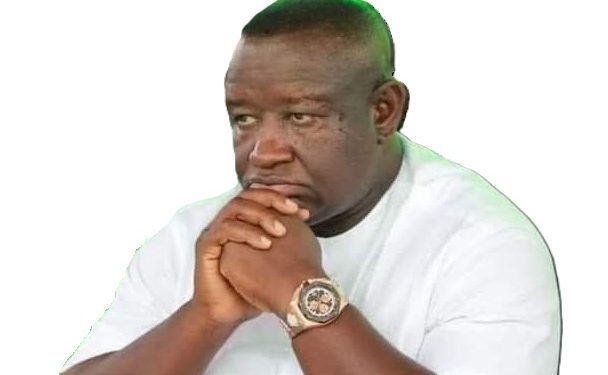By Hassan Osman Kargbo
When a ministry reacts not with empathy, solidarity, or urgency but with suspicion and administrative threats, it reveals something deeper, a failure of governance to feel, to care, and to lead with humanity. The recent correspondence from the Ministry of Local Government and Community Affairs to the Mayor of Freetown has drawn widespread concern, not merely because of its tone, but because of what it says about the soul of state institutions in times of crisis.
In a letter dated 9th October 2025, the Ministry addressed the Mayor of Freetown, referencing her televised statement on AYV in which she alleged that, as of the 7th of October, Freetown City Council had picked up 220 bodies linked to kush-related deaths. Rather than expressing concern or solidarity with families affected by this devastating drug epidemic, the Ministry’s letter demanded immediate evidence, a comprehensive list of the deceased, locations of recovery, post-mortem reports, and details of the authority under which such operations were carried out.
The letter went further to warn that failure to substantiate these claims with verifiable evidence would compel the Ministry to take administrative and policy measures. It reminded local councils of their “obligation to complement government efforts,” emphasizing that collaboration must be grounded in “accuracy, responsibility, and due respect for intergovernmental coordination mechanisms.”
That official response struck many as cold and bureaucratic, lacking the compassion that the moment demands. Sierra Leone is in the throes of an unprecedented national crisis. The kush epidemic has devastated families, orphaned children, and overwhelmed communities across the country. Every corner of Freetown tells the same story — of broken youths, grieving parents, and a society on the edge of despair.
When a government ministry prioritizes administrative caution over empathy, it tells citizens that the system has lost its moral compass. The situation calls not for threats of sanctions, but for unity, coordination, and deep compassion for the human suffering at the heart of the crisis.
His Excellency President Julius Maada Bio declared a National Public Emergency on Drug and Substance Abuse on April 4, 2024, under the Public Emergency Response Regulations of that year. That declaration was a clear recognition of the scale and urgency of the disaster. Yet, almost eighteen months later, communications from some state institutions still fail to reflect that urgency. Instead, they appear to downplay the severity of the situation, as if bureaucratic formality could wish away the heartbreaking reality of the kush catastrophe.
If government officials continue to issue statements that contradict or water down the intent of the President’s public emergency proclamation, it raises a constitutional question, one that only the President himself can resolve. How can a government institution, under a declared national emergency, respond with suspicion rather than solidarity when faced with reports of mass deaths?
This is not a time for defensive politics or bureaucratic rigidity. It is a time for leadership with heart. Communities are bleeding. Families are losing loved ones daily. The streets of Freetown, Bo, Kenema, and Makeni echo with grief. Mothers bury sons who should have been the country’s future. Fathers are left broken by a drug scourge that has consumed the dreams of a generation.
For the love of God, those who continue to deny the scale of this tragedy while occupying key positions in governance must stop their denial. They must stop making heartless statements that offend not just the intelligence but the humanity of the people they are meant to serve. The time for bureaucratic caution has passed; what Sierra Leone needs now is coordinated compassion, evidence-based urgency, and leadership that feels the pain of its people.
The kush crisis is not a statistic to be verified, but a human emergency to be confronted. The families who have buried their sons and daughters need empathy, not threats. Governance must rediscover its soul, for when leadership loses its heart, the nation loses hope.











